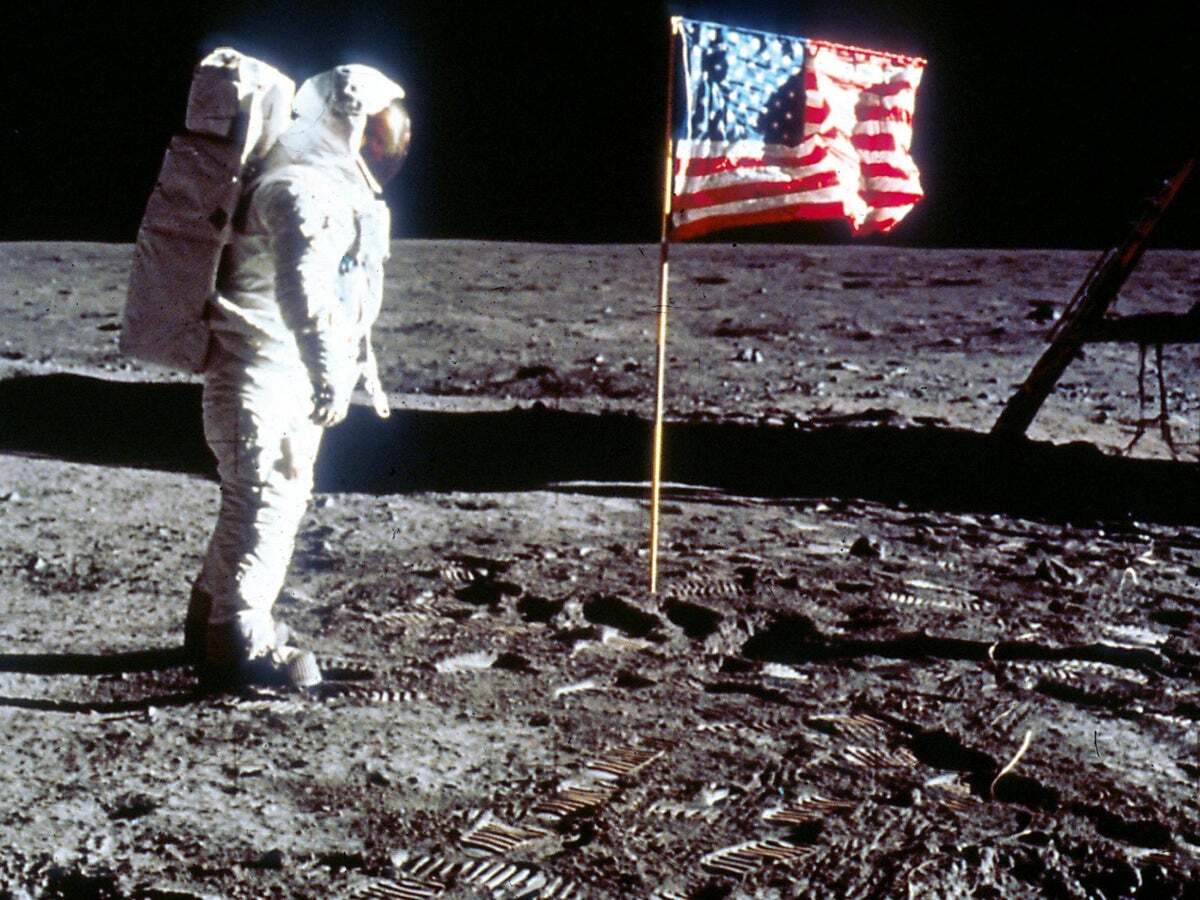
Ever wondered how historical events have shaped our world today? From ancient civilizations to modern revolutions, history is packed with fascinating stories and pivotal moments. Historical events are not just dates and names; they are the threads that weave the fabric of our society. Understanding these events helps us appreciate the progress and learn from past mistakes. In this blog post, we’ll dive into 21 intriguing facts about historical events that might surprise you. Whether you’re a history buff or just curious, these facts will give you a new perspective on the events that have molded our world. Buckle up for a journey through time!
Ancient Civilizations
Ancient civilizations laid the foundation for modern society. Their innovations, cultures, and events still influence us today.
- The Great Pyramid of Giza, built around 2580-2560 BC, is the only one of the Seven Wonders of the Ancient World still standing.
- The Code of Hammurabi, one of the oldest deciphered writings of significant length, dates back to around 1754 BC.
- The ancient city of Rome was founded in 753 BC by Romulus, according to legend.
- The Library of Alexandria, established in the 3rd century BC, was one of the largest and most significant libraries of the ancient world.
- The Indus Valley Civilization, which flourished around 2500-1900 BC, had advanced urban planning, including grid layouts and sophisticated drainage systems.
Middle Ages
The Middle Ages, spanning roughly from the 5th to the late 15th century, were marked by significant events and transformations.
- The Black Death, which struck Europe between 1347 and 1351, killed an estimated 25-30 million people.
- The Magna Carta, signed in 1215, limited the powers of the English king and laid the groundwork for modern democracy.
- The Hundred Years' War between England and France lasted from 1337 to 1453.
- The fall of Constantinople in 1453 marked the end of the Byzantine Empire and the rise of the Ottoman Empire.
- The invention of the printing press by Johannes Gutenberg around 1440 revolutionized the spread of information.
Renaissance
The Renaissance, a period of cultural rebirth from the 14th to the 17th century, saw remarkable achievements in art, science, and exploration.
- Leonardo da Vinci painted the Mona Lisa between 1503 and 1506, one of the most famous artworks in history.
- Michelangelo completed the Sistine Chapel ceiling in 1512, a masterpiece of Renaissance art.
- Christopher Columbus's voyage in 1492 led to the widespread awareness of the Americas in Europe.
- Galileo Galilei, in 1610, used a telescope to discover the four largest moons of Jupiter.
- The Protestant Reformation, initiated by Martin Luther in 1517, significantly altered the religious landscape of Europe.
Modern Era
The Modern Era, from the 18th century to the present, has been characterized by rapid advancements and significant historical events.
- The American Declaration of Independence was signed on July 4, 1776, marking the birth of the United States.
- The French Revolution, beginning in 1789, led to the rise of Napoleon Bonaparte and significant changes in French society.
- The Industrial Revolution, starting in the late 18th century, transformed economies and societies with new technologies and industrial processes.
- World War I, from 1914 to 1918, involved many of the world's great powers and resulted in significant geopolitical changes.
- The first successful powered flight by the Wright brothers occurred on December 17, 1903.
- The fall of the Berlin Wall on November 9, 1989, symbolized the end of the Cold War and the division between East and West Germany.
The Final Word on Historical Events
History's full of fascinating stories that shape our world today. From ancient civilizations to modern milestones, these events offer a glimpse into human progress and struggles. Knowing these facts not only enriches our understanding but also helps us appreciate the complexities of our past.
Whether it's the construction of the Great Wall of China or the signing of the Declaration of Independence, each event carries lessons and legacies. They remind us of our shared heritage and the enduring spirit of humanity.
So, next time you come across a historical fact, take a moment to ponder its significance. You might find a new perspective or a deeper appreciation for the journey humanity has taken. History isn't just about dates and names; it's about the stories that connect us all.
Was this page helpful?
Our commitment to delivering trustworthy and engaging content is at the heart of what we do. Each fact on our site is contributed by real users like you, bringing a wealth of diverse insights and information. To ensure the highest standards of accuracy and reliability, our dedicated editors meticulously review each submission. This process guarantees that the facts we share are not only fascinating but also credible. Trust in our commitment to quality and authenticity as you explore and learn with us.


